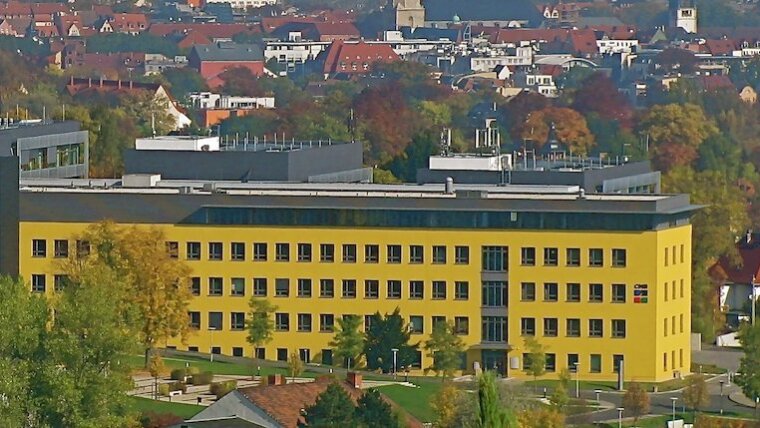
Biophysics
Research focuses on function and regulation of ion channels, which are essential for electrical signal processing in the body. The department studies defects in ion channel genes and contributes to the development of novel pharmaceuticals targeting ion channels, such as drugs for pain therapy.
Biochemistry
Gene regulation, signal transduction, and epigenetics are the central topics. Research focuses on factors involved in cell proliferation and differentiation, inflammation, and tumor development.
Cell Biology
Central topic is the modification of antibody-encoding genes via somatic hypermutation. This process contributes to optimising antibodies and hence enabling efficient defence against pathogens, but may also contribute to the development of lymphoma.
Experimental Virology
In focus of interest are influenza virus-induced cellular signalling processes as well as the complex interplay of different pathogens of the respiratory tract, e.g. viral, bacterial and fungal co-infection, and its host. We investigate how these processes regulate and complicate immune responses and which cellular factors might serve as targets for new therapeutic strategies.
Sepsis Research
The main focus is the contribution of lipid signaling to sepsis development and outcome. Current topics include the role of lipid signaling in the regulation of lymphocyte circulation and distribution, the integrity of the vascular system, cytokine secretion, antigen presentation, and immune cell differentiation.
Molecular Genetics
We are using various animal models to identify and characterize genes that regulate aging and regeneration, for example of the kidney or the heart. In addition we are exploring the molecular basis for the age-dependence of regenerative processes. For many of our studies we are using the killifish Nothobranchius furzeri, which is the shortest-lived vertebrate that can be kept in captiviy.
.


